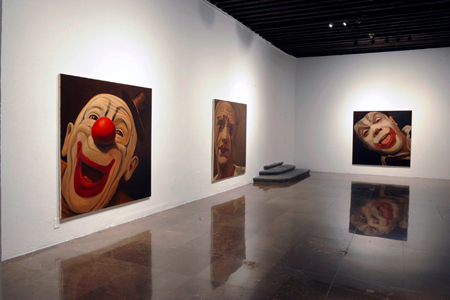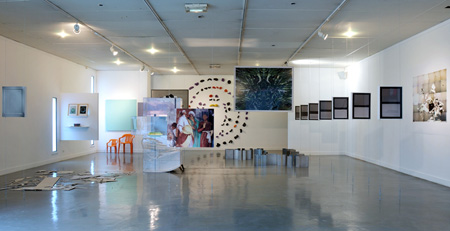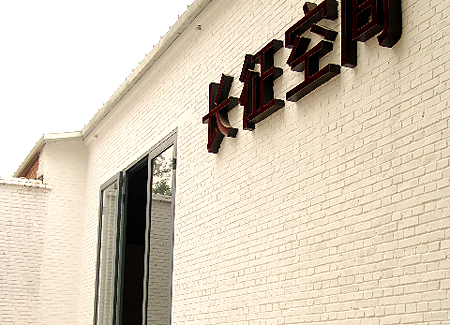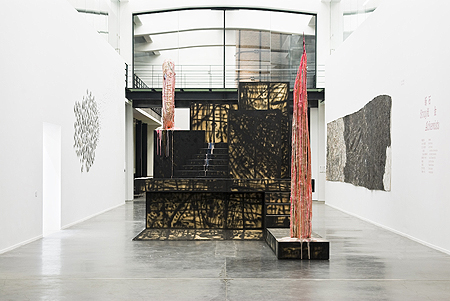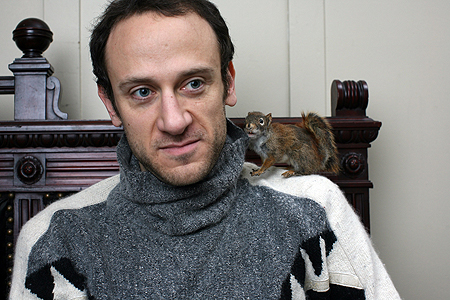Intellectually Inauspicious Environments
Sunday, August 30th, 2009
Over a year ago, while Yishai Jusidman was preparing for a major survey exhibition of his work, which is currently on view at the Museo de Arte Moderno (MAM) in Mexico City, I had an extended email exchange with the artist about his artistic process and practice. At some point, our correspondence was contemplated as a dialogue piece that could be included in that exhibition catalogue. But both Yishai and I had disagreements—of the good kind.
At the heart of our quarrel was how to interpret his work. In our exchange, we discussed art theory and art schools, aesthetics and semantics, the use of reference and the self-referential in contemporary art. While I pressed on social context to approach his painting, his insistence was on aesthetics. After a couple of months and over five thousand words exchanged, we parted ways. It was only until some weeks ago, that we informally chatted and reconsidered the dialogue again, this time not with the purpose to expand it, but simply to publish.
I believe this dialogue with Yishai is interesting for several reasons. On the one hand, the piece is quite personal without being coded in private language, and as such allows for a more intimate view of his work. On the other hand, the dialogue is grounded in contemporary debates about methodology, as it informally unpacks different yet synchronic approaches to making and interpreting art today.
